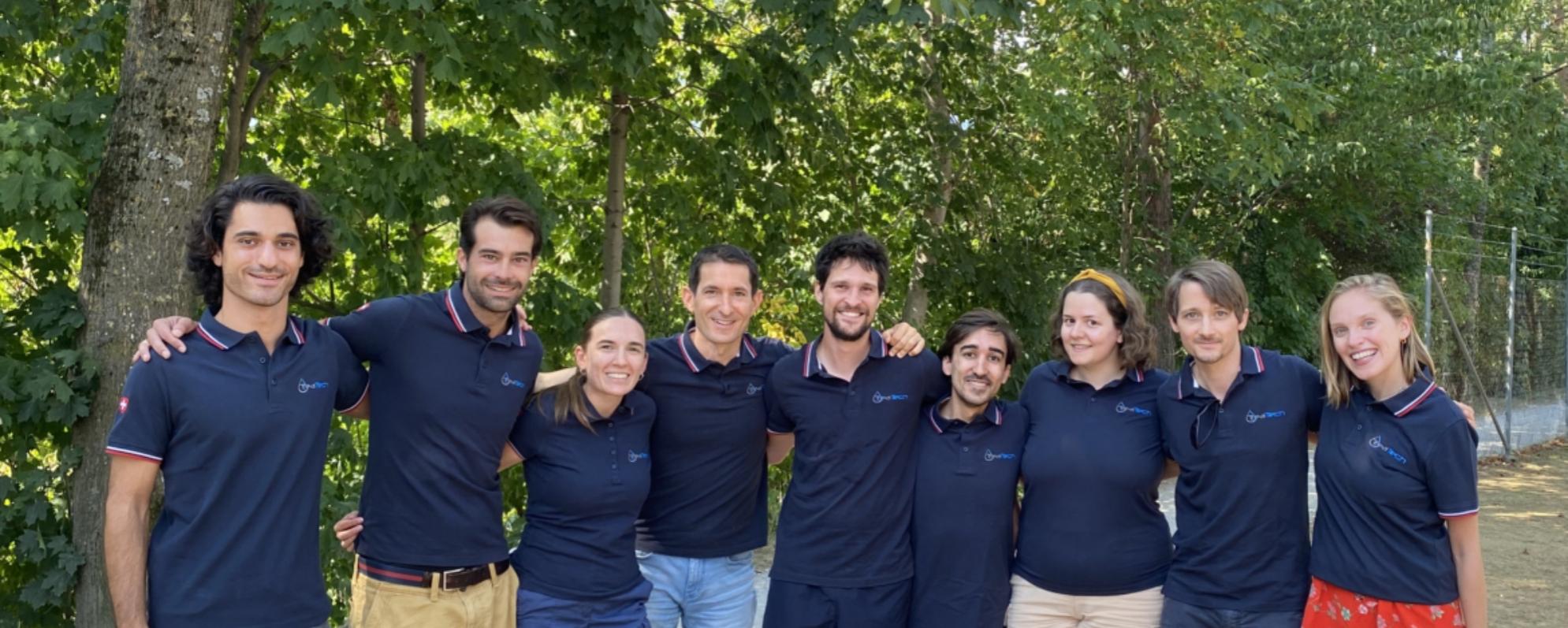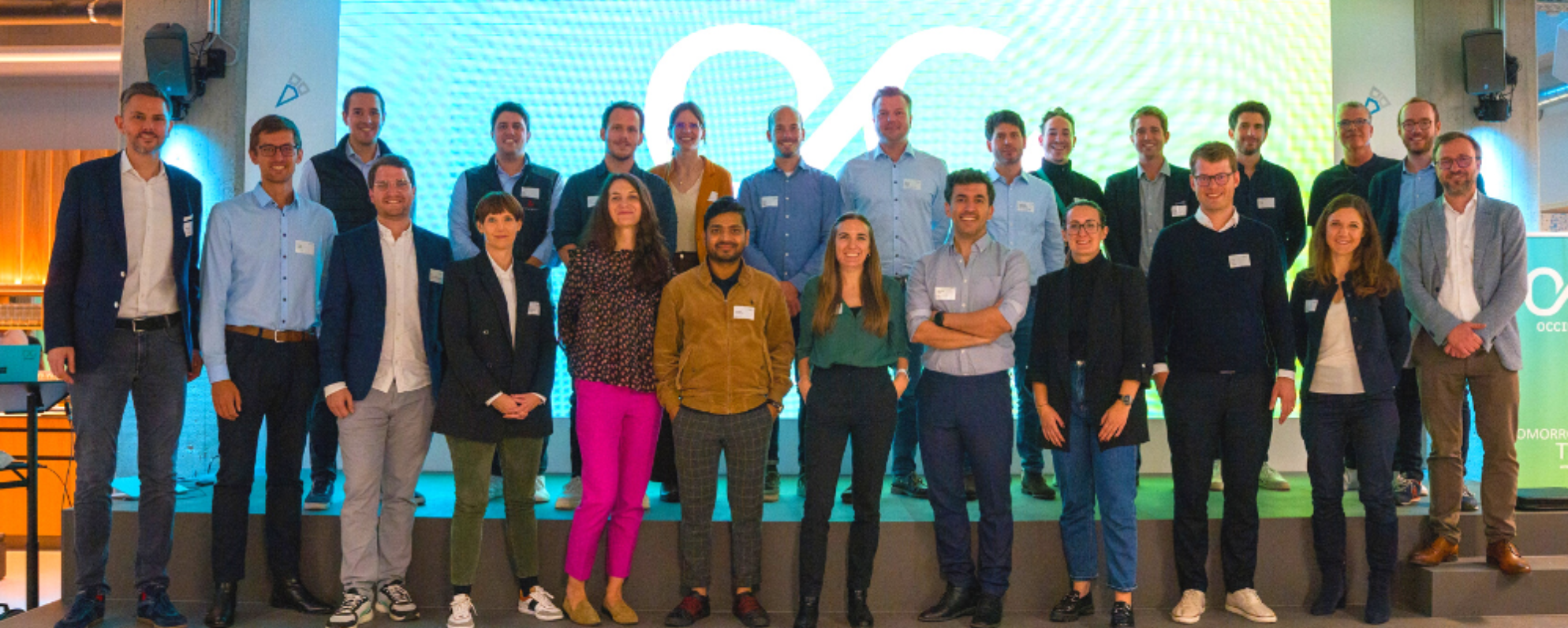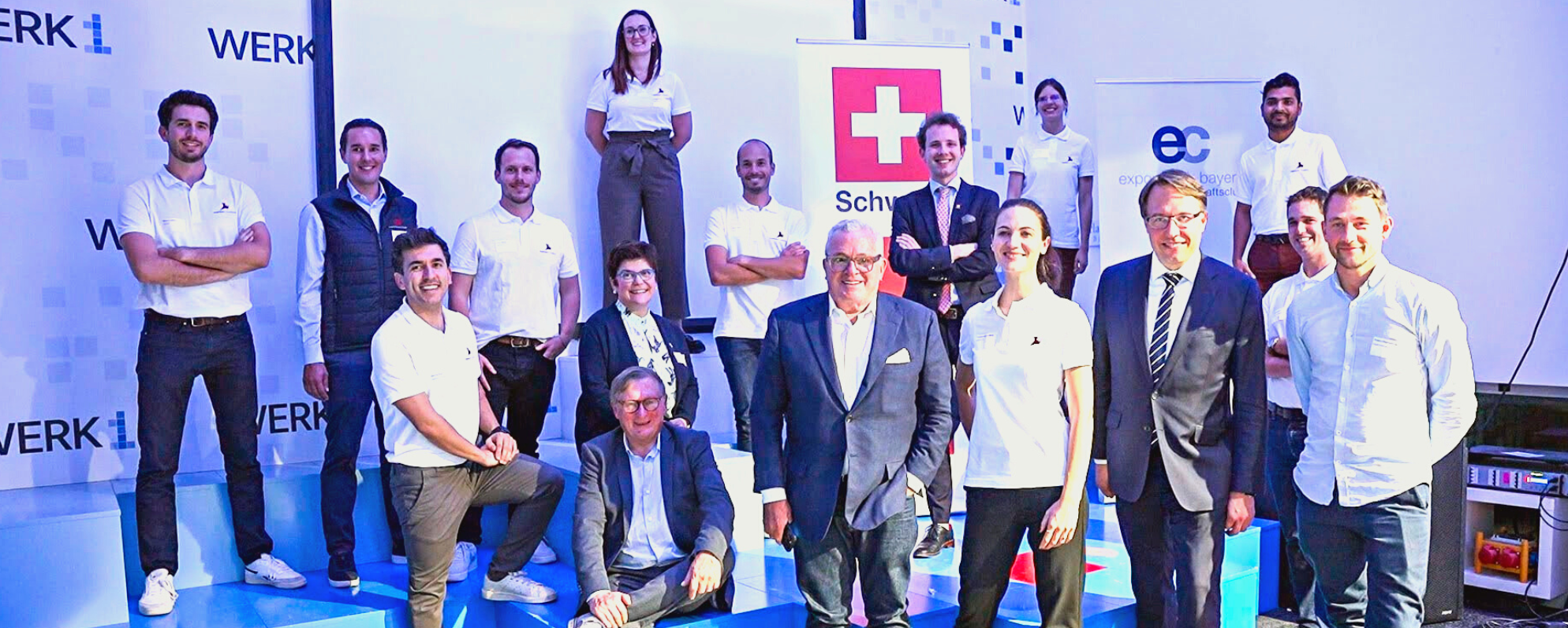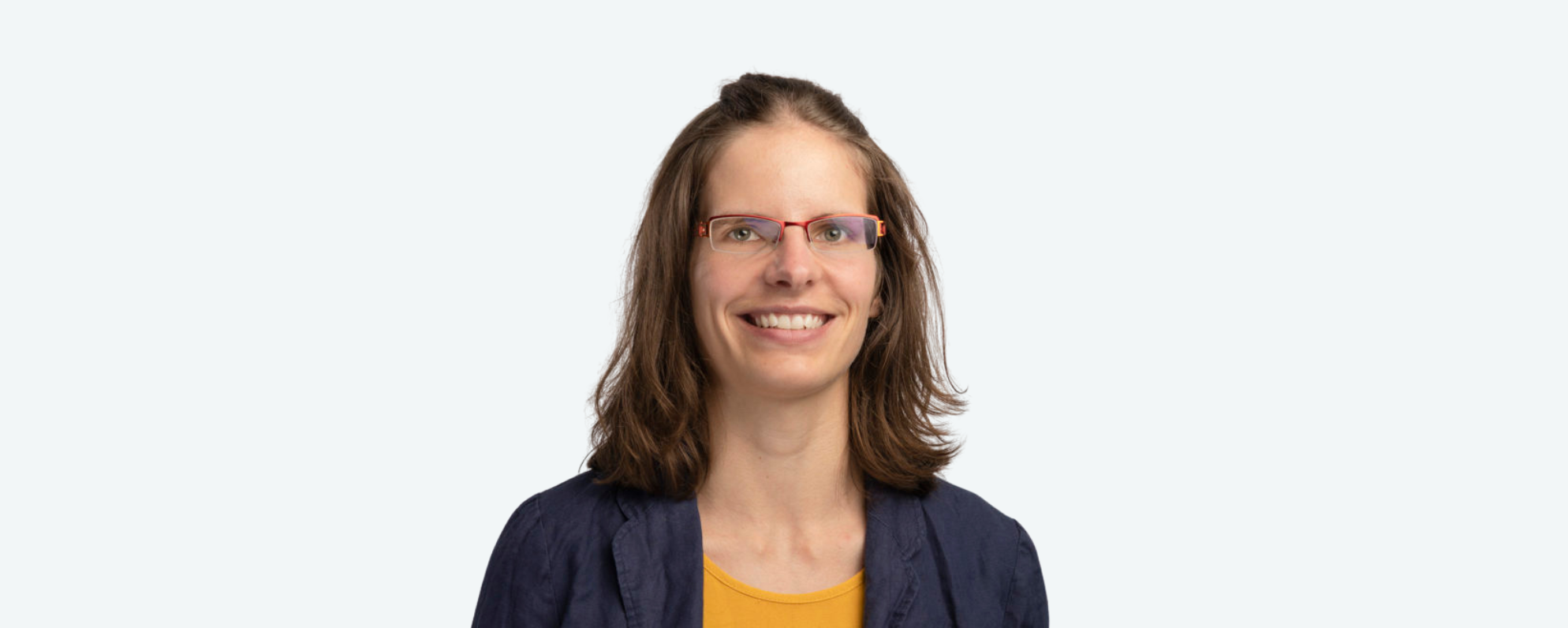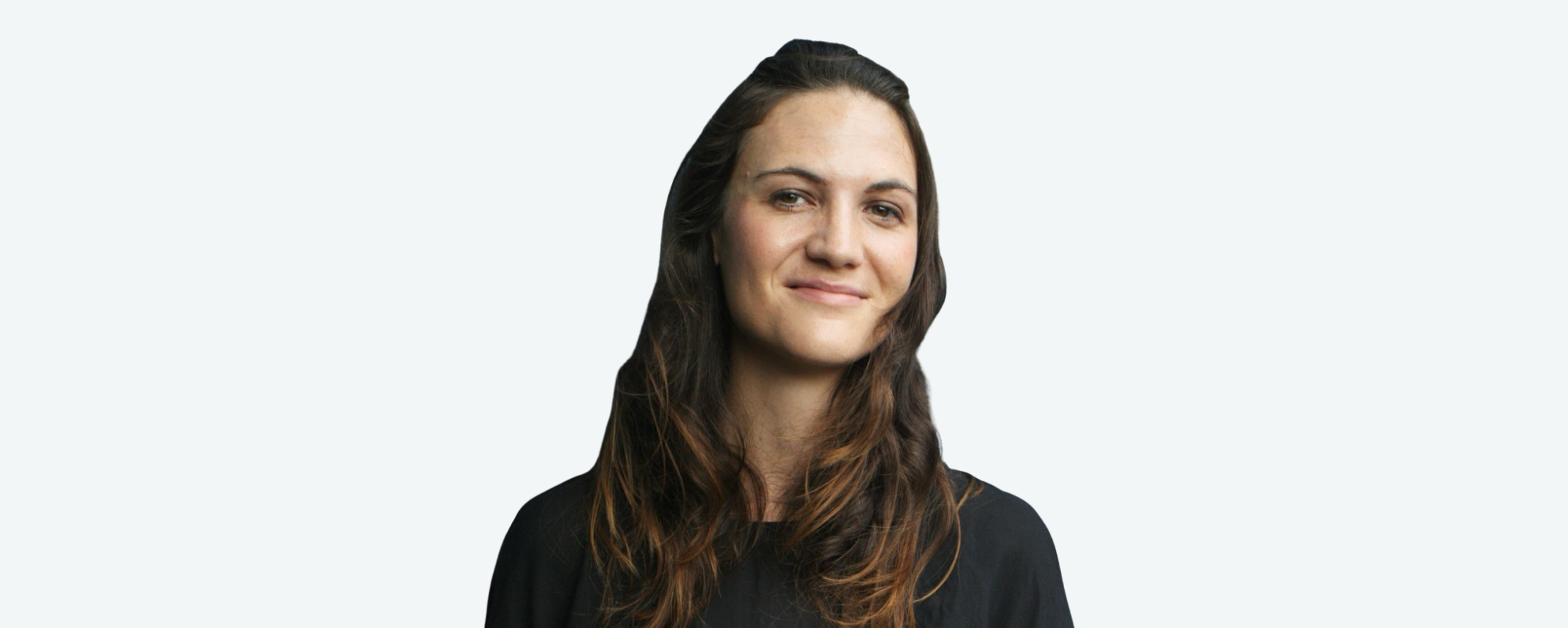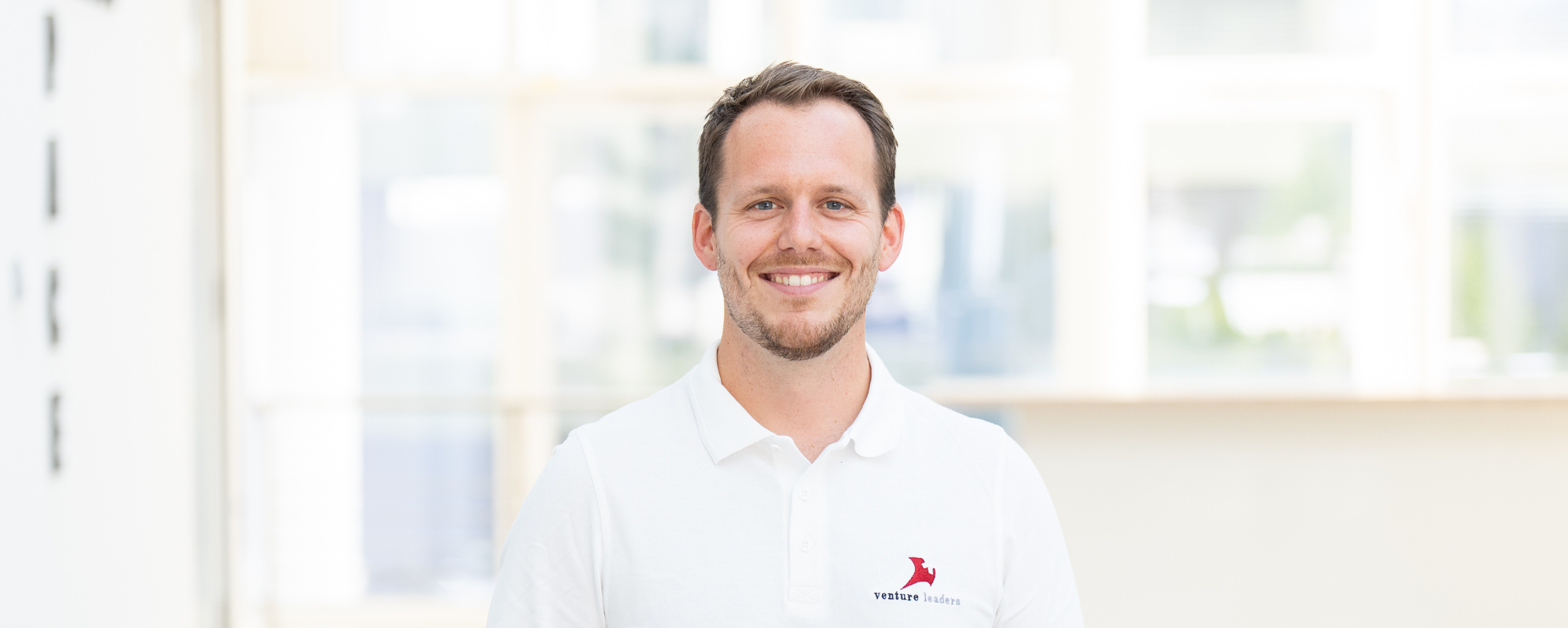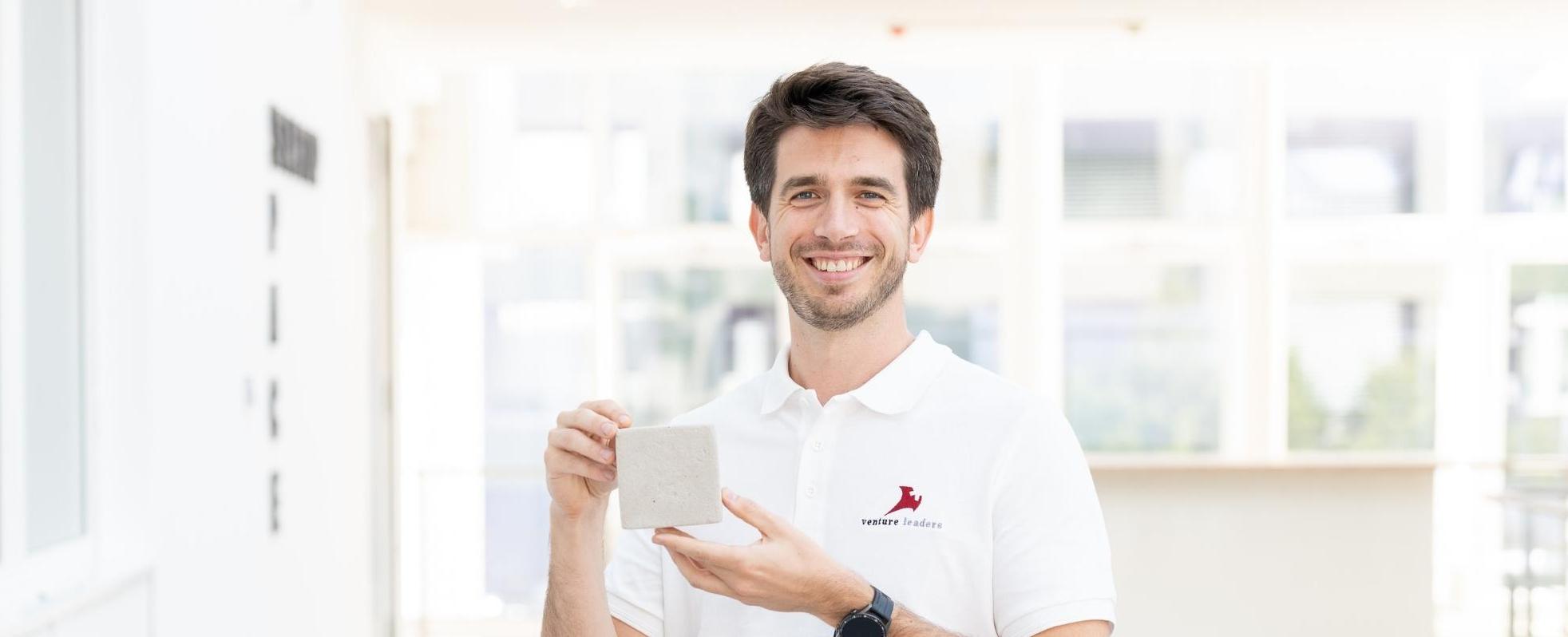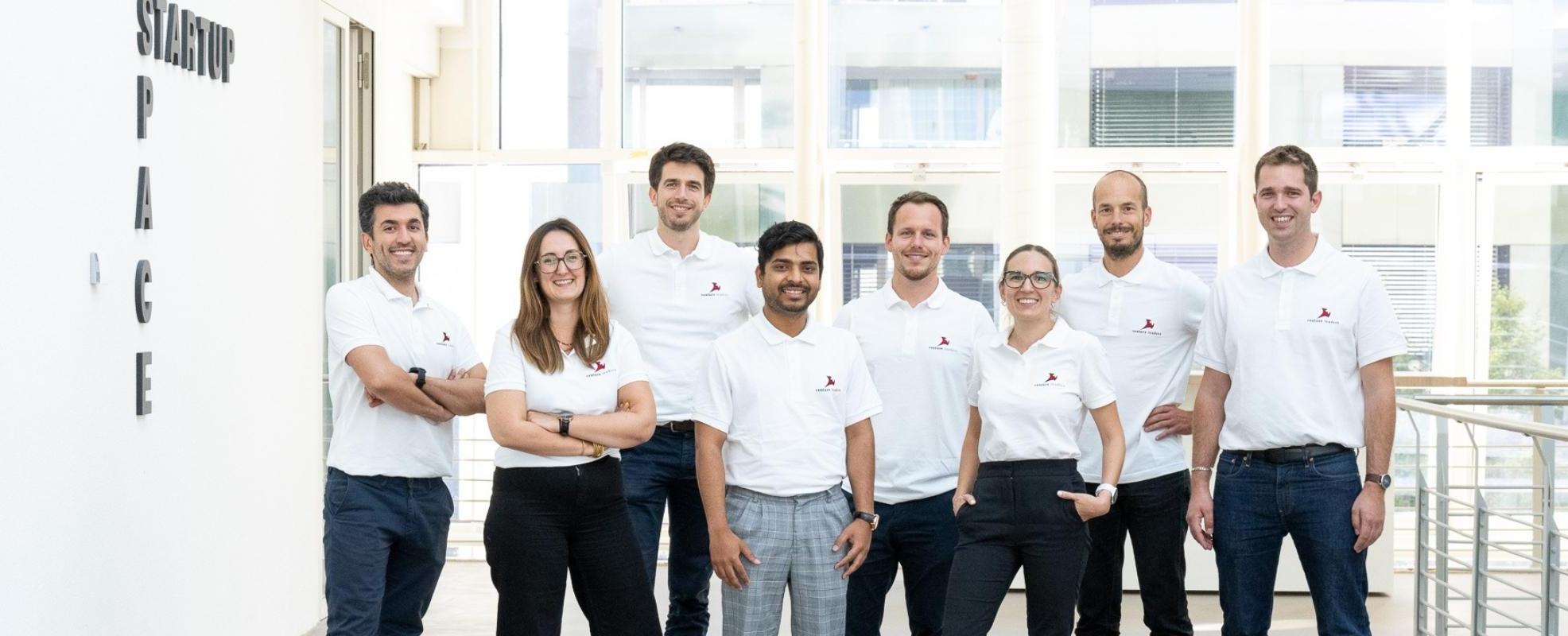The Swiss National Startup Team welcomes new members: A jury selected 10 startups for the Venture Leaders program dedicated to the cleantech sector. During their roadshow, the Venture Leaders Cleantech will meet international investors and industry leaders and access industry-specific expertise and networks to grow their companies. Allow us to introduce you to each of the Venture Leaders Cleantech 2022 ahead of the October 2022 roadshow in Munich: Meet Raquel Zambrano Varela, the COO of TreaTech.
 Name: Raquel Zambrano Varela
Name: Raquel Zambrano VarelaLocation: St. Gallen
Nationality: Spanish
Graduated from: EPFL, Master's degree in Chemical Engineering and Biotechnology, 2017
Job title: COO
Number of employees: 10
Money raised: USD 5.9 million
First touchpoint with Venturelab: Applying to Venture Leaders Cleantech in 2022
Explain what your startup does and why: TreaTech has developed a pioneering technology that transforms solid and liquid waste from a liability into a resource. The solution, based on catalytic hydrothermal gasification, converts a wide range of wastes from different industries (i.e. chemical, food and beverage, municipal, livestock) into local, pollutant-free, and methane-rich renewable gas. It also recovers valuable finite minerals (i.e. phosphorus) as well as the water contained in the waste that is clean after the process. As countries are striving for energy independence, technology could contribute by generating a sustainable supply of gas.
How and where did you come up with the idea for your startup?
In late 2015, my colleague and CEO of TreaTech, Frédéric Juillard, had an idea to develop a process to sustainably treat waste based on a patent from the IPESE group at EPFL and was looking for a team of co-founders to transform his idea into a feasible prototype. My colleague Gaël Peng joined first as CTO and I joined a bit after to support him with the development of the technology and later as COO. In the early years of the startup, we developed a primitive version of a prototype and a potential business model that proved that the solution was technically and economically feasible.
What do you expect from the Venture Leaders roadshow, and how will it help you achieve your vision?
We have two main focuses at the moment. The first one is achieving our raising target for our Series A round and the second is to find an international partner for the installation of a demonstration unit on their site that will help us expand internationally.
Our participation in the Venture Leaders program is a great opportunity to gain exposure and connect with potential industrial partners which will allow us to benefit from their experience and knowledge to speed up the industrialization of the technology. Also, meeting new potential investors is very important in order to achieve our Series A goal.
Who does your product or solution help, and how?
Since we produce renewable energy sustainably, our solution will have a global impact on the environment and society. More specifically, our customers are industrial manufacturers (i.e. chemical, pharmaceutical, food, and beverages) and municipalities (i.e. WWTPs) producing waste. So far, we have validated our system with feedstocks from more than 10 customers from Switzerland, France, Germany, and the USA including residues from monomer production, plastic residues, paint residues, rum production waste, sewage sludge, manure, coffee grounds, among others. The implementation of our technology will allow companies to become more autonomous by producing energy sustainably from waste and creating a positive impact at a global level on the circular economy, energy independence, and climate change mitigation.
What are you most excited about at work right now?
We are now seeing a big increase in customers’ interest in our technology and that's very rewarding. Besides, the technical team has recently proved that our technology is able to process many different types of waste expanding our relevant market and giving a new dimension to our future global impact. I am also extremely excited for the next stage, the industrialization of our technology, which I am sure will be challenging but also the beginning of making a real impact on society and the environment.
How did you build your team?
For a long time, it was just the three of us: Frédéric, Gaël, and I. Once we proved the technology was feasible we started gaining momentum and we applied for the EIC accelerator grant with the goal of upscaling the technology and starting commercialization. We were beyond thrilled when we were informed that we had been awarded the grant. Thanks to that we started building our team, which is now composed of 10 skillful and motivated members sharing one common interest for sustainability. We have a combined 50 years of experience in entrepreneurship, technology validation, process engineering, and catalyst research. We are excited to bring the team to grow exponentially in the coming years once we industrialize the technology.
Which market are you addressing and what is the potential of your startup?
TreaTech is targeting the global industrial and municipal waste treatment market. Needless to say, this is a colossal market that spans key industries such as energy, water, chemical, food & beverage, agriculture, and municipal waste. This market is expected to reach USD 810 billion by 2028, which represents a CAGR of 7.3% from 2020 to 2028.
TreaTech's growth roadmap for the next 8 years includes our strategy to scale up, industrialize and commercialize the technology in both municipal and industrial verticals. By 2030, TreaTech aims at producing 4.1 TWh annually of locally produced energy with 79 and 36 industrial and municipal units respectively installed worldwide.
What are your key achievements to date?
TreaTech has a proven track record of technological innovation and client validation. We have LOIs executed from 12 stakeholders and we have validated the technology with more than 10 clients and more than 15 different feedstocks with our 1 kg/h prototype. Moreover, together with the Paul Scherrer Institute, we completed the commissioning of a pilot unit (100 kg/h) with which we have processed organic feedstock solutions and sewage sludge.
Finally, TreaTech's potential has been validated by government grants and investors. We have raised up until now USD 5.9 million in non-dilutive funding.
What is one thing not many people know about you?
I discovered yoga three years ago and I completely fell for the practice. I am a very active person with lots of energy and people don't usually associate that with practicing yoga. It is all about finding time to be with myself and disconnect from everything else for a few minutes which positively impacts my productivity the rest of the day.
What is your favorite book and why?
I love reading historical fiction. My favorite is House of the Spirits by Isabel Allende. I love how creatively the storytelling is integrated into the contextual society and politics. Allende blends fictional magical elements with reality in such a special manner that you are immediately engaged from page one.
What is the most challenging aspect of being a founder?
For me, the most challenging aspect of being immersed in the world of entrepreneurship is to navigate well the feeling of uncertainty. The start-up life is a series of ups and downs and I find it crucial to be able to stay stable, and motivated and keep pushing through the best and worst moments.
What is the most rewarding aspect of being a founder?
While pursuing my studies I knew I wanted to orient my career towards sustainability and have an impact on climate change mitigation. This is why the most rewarding aspect of being a co-founder of TreaTech is the opportunity to shape and develop my career within a project that aligns with my values.
What is the most important lesson you have learned as a founder?
The most important lesson I have learned during my experience as a co-founder is that the ability to prioritize is key. The early stages of a start-up can be chaotic since you have tons of different things to do. Not being able to prioritize can lead to drowning in tasks and eventually to demotivation.
Venture Leaders Cleantech is organized by Venturelab and supported by Alpian, AMAG, EPF Lausanne, ETH Zurich, EY, Helbling Technik, Romande Energie, Canton Vaud, and VISCHER and Venture Leaders alum Patrick Maillard.


